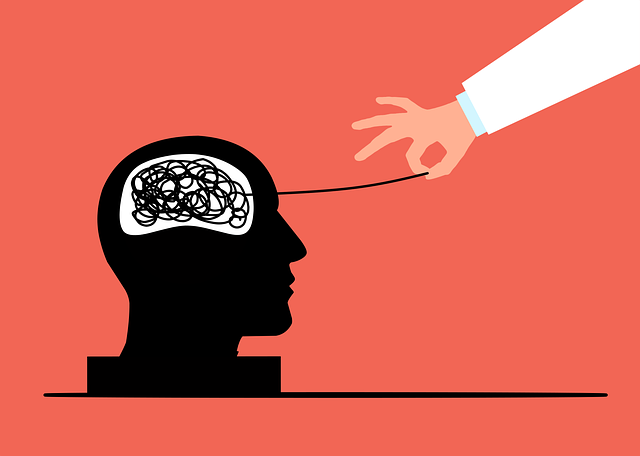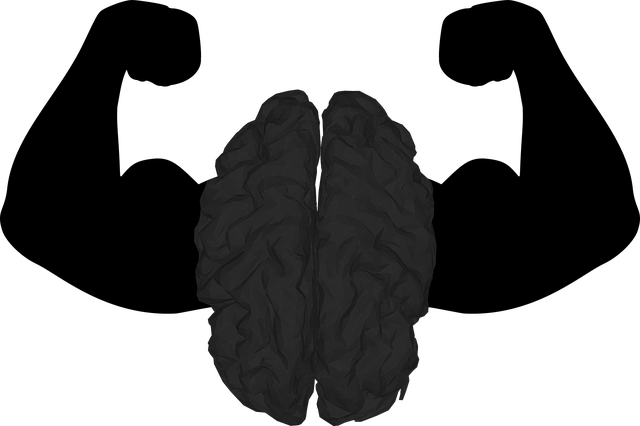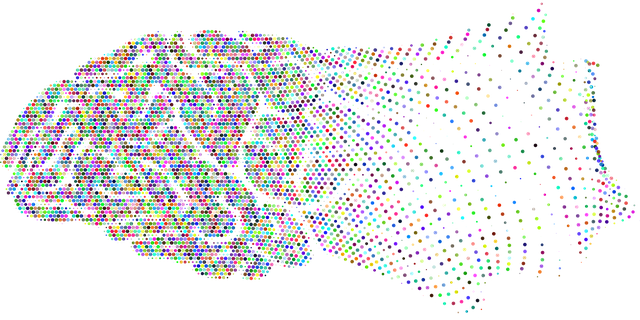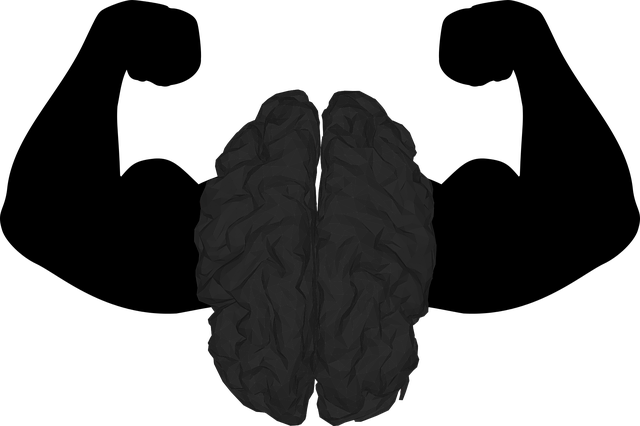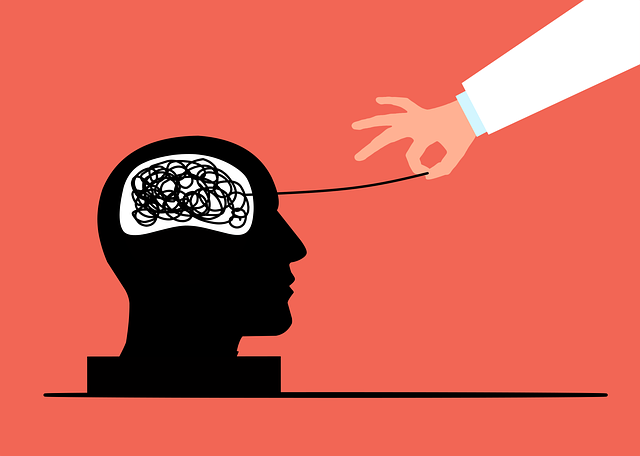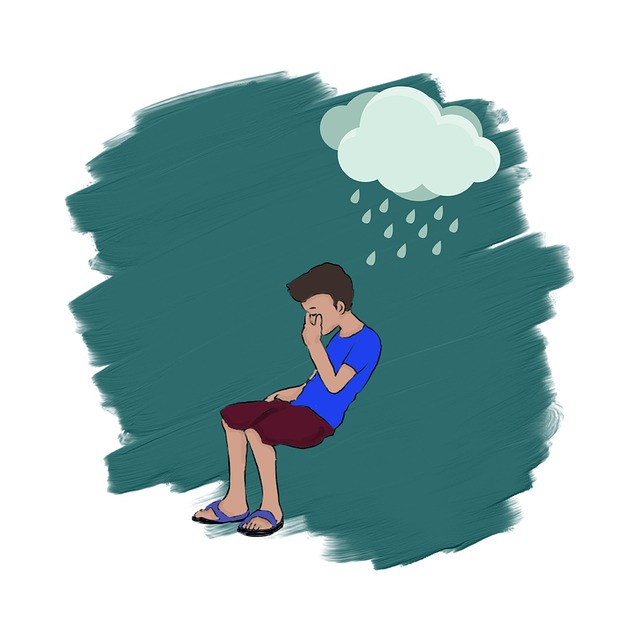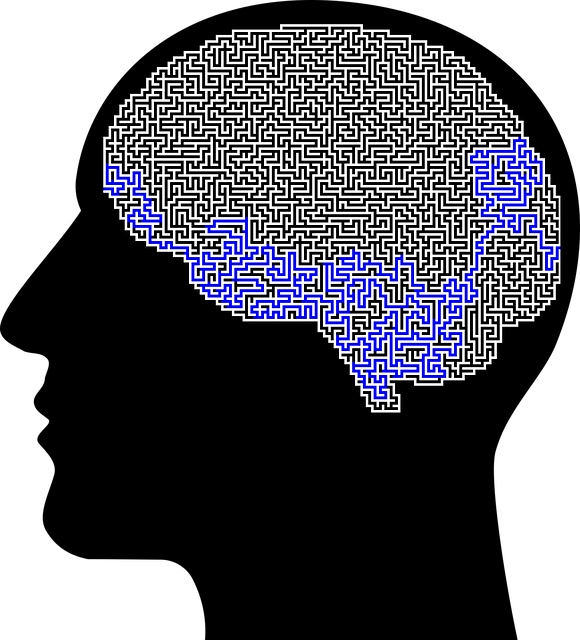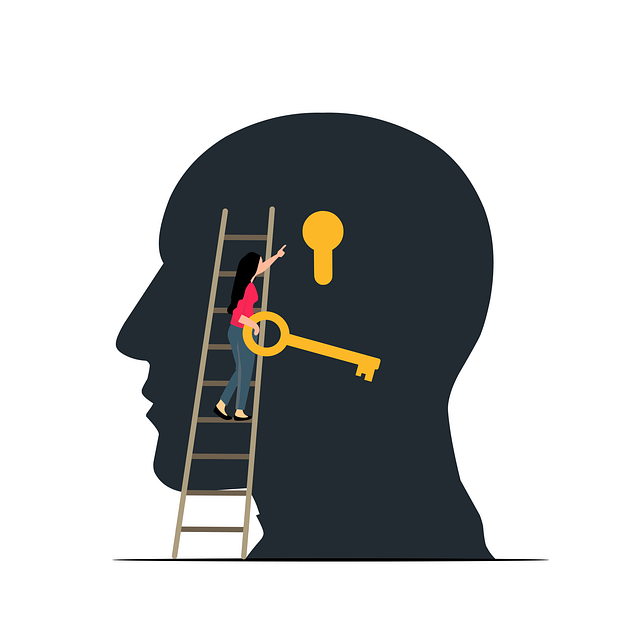Crisis intervention for young adult men requires tailored approaches due to their unique challenges during identity formation, including educational stress, career aspirations, and social pressures. Stigma and subtle expression of distress make accessing therapy difficult. Effective strategies involve normalizing mental health conversations, using techniques like mindfulness meditation, CBT, and group therapy to challenge negative thought patterns, enhance problem-solving skills, reduce isolation, and promote emotional expression. Integrated resources create safe spaces, fostering trust and encouraging the development of healthier coping mechanisms for young adults struggling with men's issues.
In today’s fast-paced world, understanding crisis intervention strategies is crucial for supporting young adult men facing mental health challenges. This article provides a comprehensive guide, delving into the unique aspects of crisis intervention specifically tailored for this demographic. We explore common challenges and mental health issues prevalent among young adults, effective therapy approaches, and practical strategies for supportive interventions. By understanding these key elements, we can enhance our ability to provide effective assistance during critical moments. Discover evidence-based practices designed to address therapy for young adults’ mens issues head-on.
- Understanding Crisis Intervention for Young Adult Men
- Common Challenges and Mens Mental Health Issues
- Effective Therapy Approaches for Men's Crisis Situations
- Practical Strategies for Supportive Interventions
Understanding Crisis Intervention for Young Adult Men

Crisis intervention for young adult men is a specialized field addressing unique challenges faced by this demographic. Young adulthood is a period of significant transition and identity formation, often marked by heightened stress related to education, career aspirations, and social pressures. When coupled with gender-specific expectations and potential mental health concerns, such as depression prevention, the risk of crisis increases. Therefore, effective crisis intervention strategies tailored for young adult men are essential.
Therapy for young adults’ mens issues, like depression prevention, focuses on fostering resilience and self-esteem improvement. Compassion cultivation practices have proven effective in building emotional connections and enhancing coping mechanisms. By incorporating these techniques into crisis intervention, professionals can help young adult men navigate turbulent times while promoting overall well-being.
Common Challenges and Mens Mental Health Issues

Mens mental health issues often present unique challenges when it comes to crisis intervention strategies. One of the primary hurdles is the stigma associated with seeking help, especially within traditional male social circles where emotions are frequently suppressed or deemed unmanly. This can deter young adults from openly discussing their struggles and seeking appropriate therapy for men’s issues. Overcoming this stigma requires a concerted effort to normalize conversations around mental health and encourage early intervention.
Common challenges also include identifying subtle signs of distress, as men may externalize their emotions, leading to behaviors such as substance abuse or aggression rather than expressing anxiety relief or emotional healing processes directly. This requires trained professionals to employ tailored approaches, including techniques like mindfulness meditation, to help young adults process and communicate their feelings effectively. By addressing these challenges head-on, crisis intervention programs can better support men’s mental health needs and foster healthier coping mechanisms.
Effective Therapy Approaches for Men's Crisis Situations

In addressing crisis intervention for men, particularly young adults facing various mens issues, several effective therapy approaches have proven successful. One key strategy is cognitive-behavioral therapy (CBT), which helps individuals identify and change negative thought patterns and behaviors contributing to distress. CBT empowers men to develop coping mechanisms, enhance problem-solving skills, and manage symptoms of anxiety relief and mood management effectively.
Additionally, group therapy sessions tailored for young adults offer a supportive environment where men can share experiences, build connections, and gain insights from peers facing similar challenges. This approach fosters a sense of community, reduces feelings of isolation, and encourages the implementation of community outreach program strategies. By combining individual CBT with group therapy, professionals can holistically address mens crisis situations, promoting long-term mental well-being and resilience.
Practical Strategies for Supportive Interventions

When it comes to crisis intervention strategies for young adults, especially men navigating mental wellness issues, a supportive and practical approach is paramount. One effective method is therapy for young adults, tailored to address unique challenges they face. Therapists skilled in this domain can employ techniques like cognitive-behavioral therapy (CBT) to help individuals challenge negative thought patterns and develop healthier coping mechanisms. Encouraging open dialogue and active listening creates a safe space, fostering trust and facilitating the expression of emotions.
Complementary tools such as mental wellness podcast series production can further enhance these interventions. Podcasts offer accessible platforms for sharing valuable insights on mental health, promoting positive thinking, and providing support networks. By integrating these resources, professionals can ensure that young adults receive holistic care, empowering them to overcome crises and cultivate lasting mental wellness.
Crisis intervention plays a vital role in addressing the unique challenges faced by young adult men, who often encounter specific mental health issues. By understanding their circumstances and employing effective therapy approaches tailored to their situations, we can significantly enhance support strategies. Integrating practical interventions ensures a more comprehensive and compassionate response to young adults’ crises, ultimately fostering better outcomes for their mental health and overall well-being, especially in addressing therapy for men’s specific issues.
